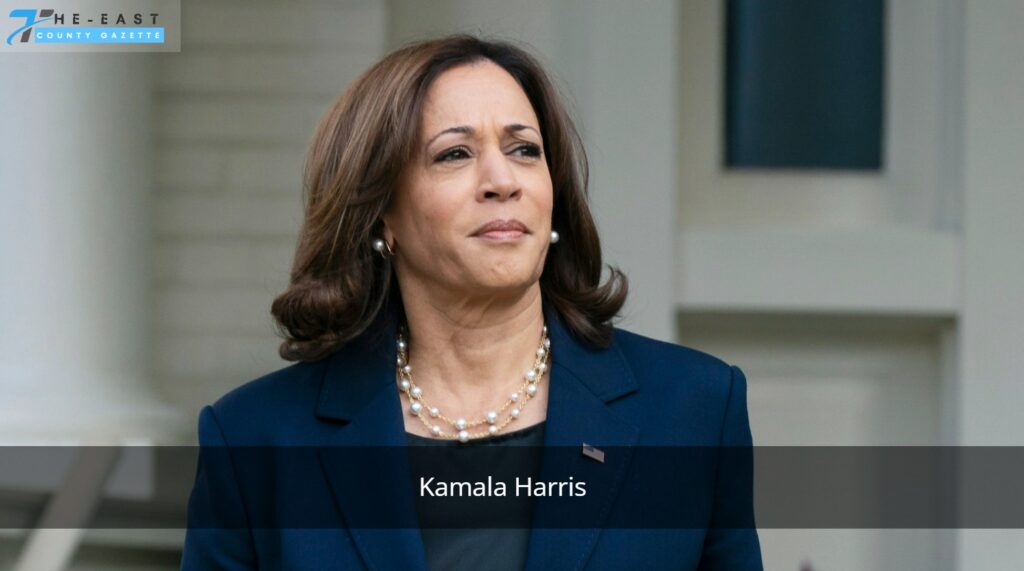This week, Vice President Kamala Harris will become the highest-ranking American to visit the Philippines, drawing attention to the country’s political scene in a region more renowned for its tropical vacations.
A senior administration official has confirmed that Harris will visit a Philippine military base and dive resorts on the island of Palawan on Tuesday. This will put her on the edge of the South China Sea, where China has been constructing military bases, including some on islands claimed by the Philippines.
On Monday, Harris met with Philippine President Ferdinand Marcos Jr. to discuss 21 new projects backed by the United States, including more defensive stations around the Philippines in locations yet to be revealed, signaling to Beijing that Washington is developing stronger relations with Manila.
As stated in a White House statement, the projects are part of the Enhanced Defense Cooperation Agreement (EDCA) between the two nations, which permits U.S. soldiers to use approved locations in the Philippines for security exercises and joint military training.
U.S. and Philippine defense links, however, go much deeper
While speaking with reporters on Monday, Harris again expressed Washington’s “unwavering” commitment to the accord. Harris indicated that the United States would honor its mutual defense commitments to the Philippines in the event of an attack on Philippine warships in the South China Sea.
As he and Harris sat together, Marcos Jr. told the press, “I have said many times, I do not envision a future for the Philippines that does not include the United States, and that has come from the long connection with the U.S.”
Former Philippine president Rodrigo Duterte, who wanted warmer ties with China during his six years in office, strained relations between the two countries.
According to the Center for Strategic and International Studies, maritime security analyst Gregory Poling in Washington, the United States and the Philippines are moving past those “difficult years.”
Since Harris will be visiting Palawan, which is close to the South China Sea but not one of the contested islands, according to Poling, his visit sends a strong statement of support to the Philippines without necessarily scaring Beijing. The small amount of annoyance it may create in Beijing is outweighed by the significant value to the United States and the Philippines, according to Poling.
“Quite controversial”
The agreements demonstrate U.S. interest in the Pacific. Still, one expert on the South China Sea warned that Harris’ visit to the military base could aggravate Beijing to the detriment of the Philippines.
This visit is “quite a controversial, rabble-rousing, and incendiary gesture,” says Anna Malindog-Uy, vice president of the Asian Century Philippines Strategic Studies Institute (ACPI).
She warned that this would create “a perilous and unpleasant situation vis-à-vis Beijing” for her home country of the Philippines. “I don’t think it’s good for my country. It’s like picking a fight with Beijing while my country takes the hit, and I can’t imagine that progressive, nationalist Filipinos would approve.” She said.
source: cnn

